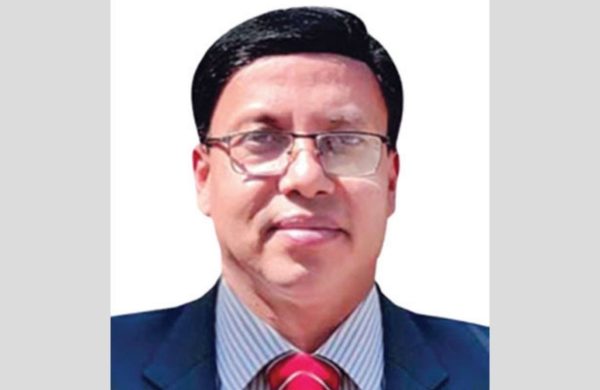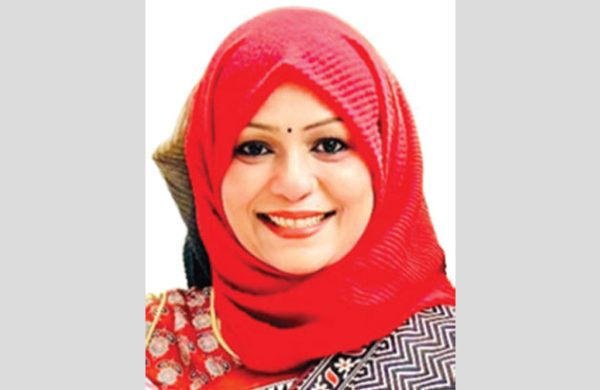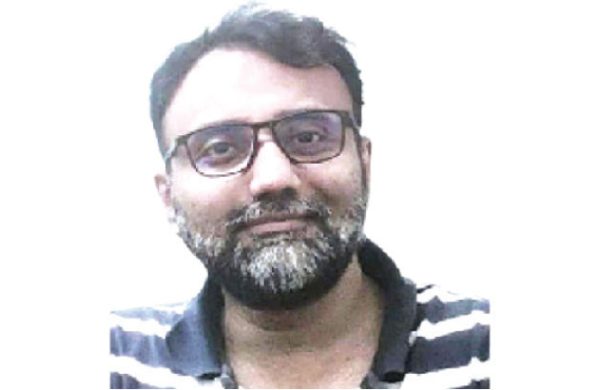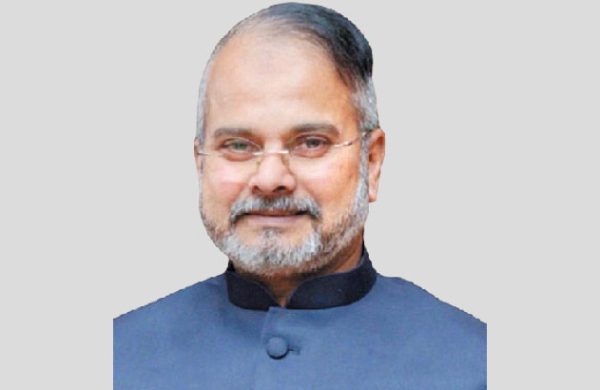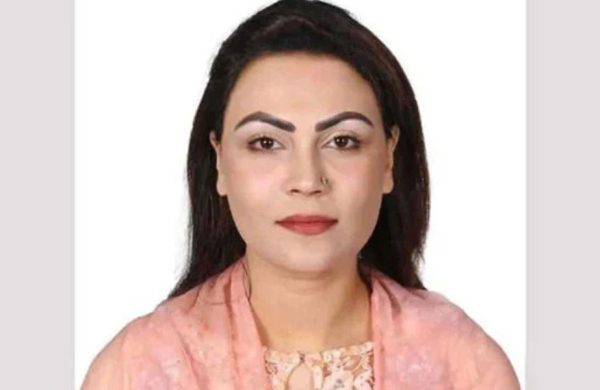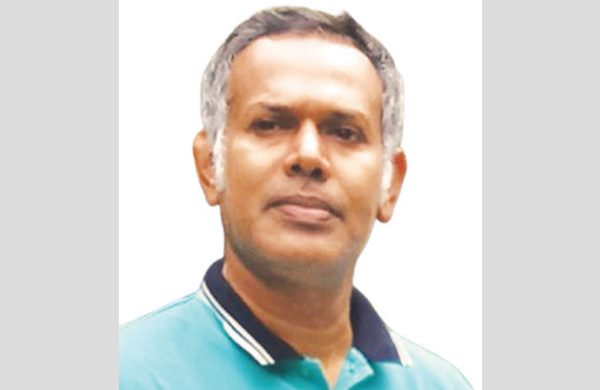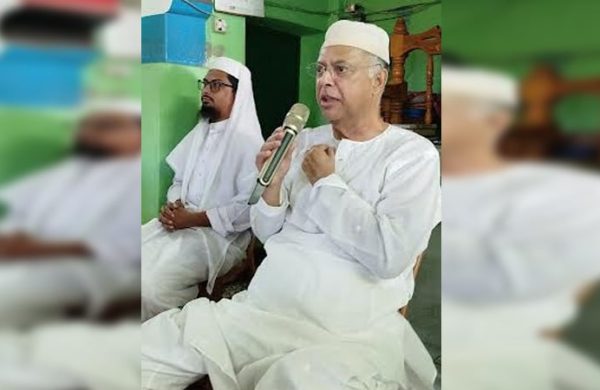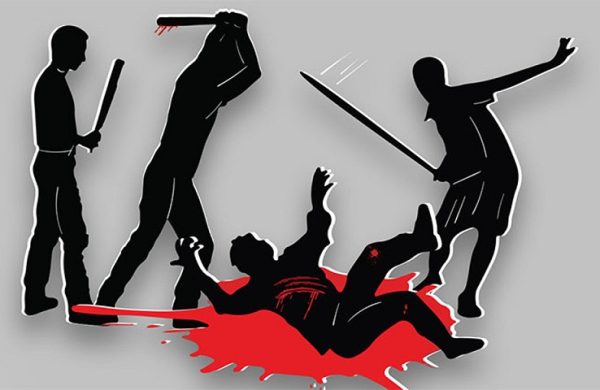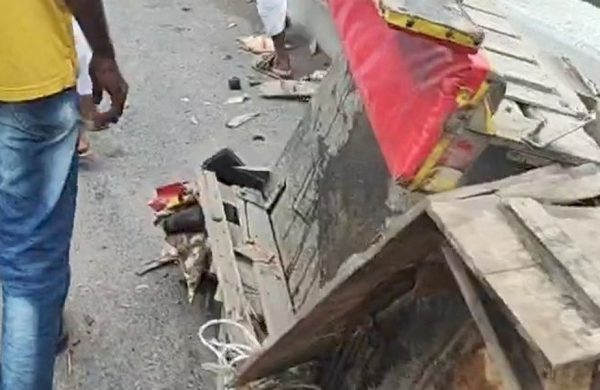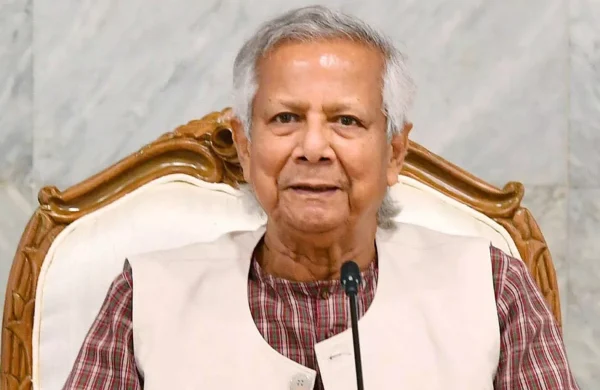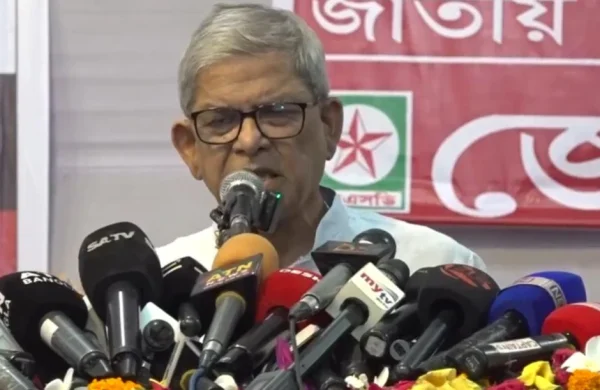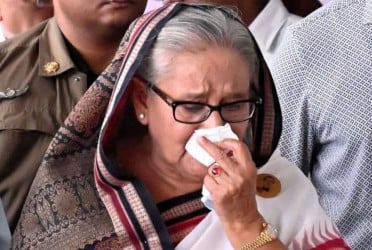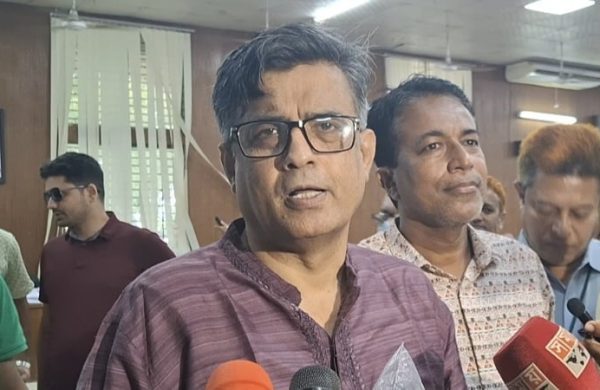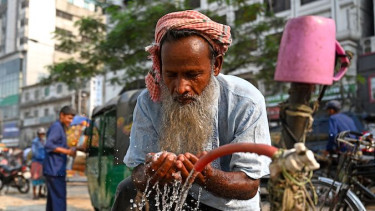Democracy trapped in a web of conspiracy?
- Update Time : Wednesday, July 16, 2025
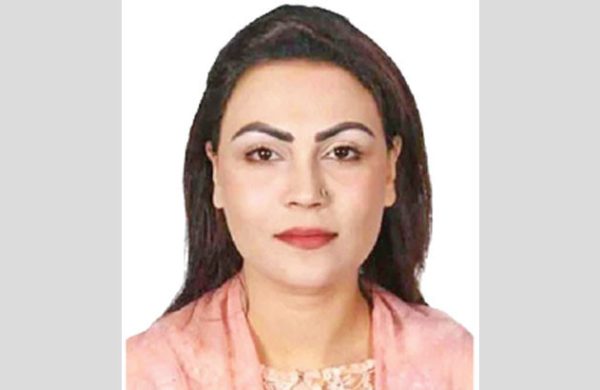
—Audite Karim—
The first anniversary of the July Revolution is approaching, but Bangladesh seems to be moving in a direction opposite to the aspirations that drove the July uprising. The dreams of the July Revolution are gradually fading. The ironclad unity forged a year ago now shows signs of fractures and scars. Naturally, the question arises: is July on the path to failure? The core aim of the July Revolution was to build an egalitarian Bangladesh – one where power would be transferred from an authoritarian regime to a government elected by the people, reflecting the will and rights of the citizens. The very first and foremost step toward this goal was the transition to democracy. However, that democratic path appears to be increasingly strewn with thorns and obstacles. Every time elections are discussed, instability arises in the country. It is as if the aspiration for democracy is being trapped in a web of conspiracy. As soon as one conspiracy ends, another begins preventing progress toward democracy and thwarting the goals of the July Revolution.
After the July Revolution, Chief Adviser Prof Muhammad Yunus spoke primarily about democracy. All political parties and the vanguards of the revolution unanimously declared that the people had been deprived of their rights for the past 15 years. Their voting rights had been robbed; no one was allowed to vote. That was the greatest crime of the authoritarian regime. By seizing power, they established a system of plunder – an unprecedented regime of irregularities and lawlessness. The people sought liberation from that system. And the only path to that liberation is to respect the will of the people and govern accordingly – a point Prof Yunus repeatedly emphasised. But have we made any real progress toward that goal in the past year?
Even after a year under Prof Yunus’s leadership, there is little sign that people’s rights are being restored. The path seems to be growing more treacherous. The forces opposing democracy and free elections appear to be gaining strength.
The interim government was given three core responsibilities – 1) Justice for the July violence: To conduct a free, fair and credible trial for the massacres and atrocities that occurred during the July Revolution. The trial should be prompt, transparent and internationally acceptable. 2) Reform: To undertake urgent and necessary reforms for conducting elections. This includes building a national consensus on the caretaker government system and ensuring that no future government can capture state institutions for political gain. Institutional reforms must be introduced, and a framework for state reform should be drafted that the government must implement. 3) Free and fair elections: The third and most crucial responsibility was to take effective initiatives for holding a free, fair and neutral election.
Yet even after a year under Prof Yunus’s leadership, there is little sign that people’s rights are being restored. The path seems to be growing more treacherous. The forces opposing democracy and free elections appear to be gaining strength.
Most political parties in the country are demanding elections by December. The three tasks assigned to the interim government are achievable within that timeframe. A year is certainly enough to draft a unified declaration for state reform. But instead, we see a race to delay.
Progress has been visible in terms of the genocide trials. The International Crimes Tribunal is conducting proceedings satisfactorily. These should continue independently. However, a new wave of “case trading” has emerged across the country, filing cases for personal or political gain. Since the 2024 uprising, filing cases has become a booming business. People file murder charges to harass business rivals, political opponents, and even neighbours. Investigations have not been conducted, let alone trials. More than 1,00,000 people have been accused in about 16,000 cases. Most are innocent. In many cases, plaintiffs do not know the defendants and vice versa. These cases are often filed for monetary gain. As a result, the July genocide trials are gradually turning into a political game, alienating the general public. From businessmen and journalists to government employees, mosque imams and cultural workers, no one is spared. Yet the government has failed to take effective action against this “case trade”.
Alongside this, mob violence is on the rise. Political opponents are being assaulted, and extortion and land-grabbing are rampant. Law and order have deteriorated alarmingly. Extortion and looting have become everyday occurrences. The interim government appears passive, as though powerless. In such a vacuum, anti-democratic and fascist forces are regrouping.
Take the recent 9 July Mitford incident, where political activist Sohag was publicly beaten to death. The question arises – where were law enforcement officials during the attack? What were the Ansar doing at the camp nearby? CCTV footage reveals that the brutal assault went on for a long time while bystanders, including law enforcers, did nothing. Even bystanders did not intervene. Bangladesh became witness to a scene of medieval barbarity. This event caused new fractures in the unified force of the July Revolution. One group turned against another as if engaged in a turf war.
Political rivals may criticise each other, such is the norm in a democracy, but such criticism should remain civil and not degenerate into vulgarity. Sadly, after Sohag’s murder, the political landscape was shadowed by a “third force”. Some seem to be exploiting the situation to fish in troubled waters. It is important to note that no matter who commits such crimes, they are criminals and should be treated so, regardless of political identity. Politicising these crimes and shifting blame is nothing but strategic deception – a part of the depoliticisation process.
This is not the first incident. Since the July Revolution, there have been several mob violence incidents – people like Tofazzal were victims. In Dhanmondi, mobs attacked a businessman’s house. The police protected him. If such incidents continue unchecked and the government and law enforcement remain passive, these attacks will escalate. Sohag’s murder is part of that pattern. It should never be politicised. If anyone tries to colour it politically, that too is part of the conspiracy.
And the timing of Sohag’s murder raises serious questions. It occurred just after a historic meeting in London between BNP acting chairman Tarique Rahman and Chief Adviser Prof Yunus. They reached a consensus to hold elections by February. This announcement brought a sense of relief across the country. Yet the chief adviser has since taken no visible action to follow through. As political discussions resumed, he instructed preparations for elections by December.
Then came Sohag’s murder. Is there a link between the planned elections and the rise in mob violence? Since the announcement of the December elections, law and order have plummeted, and mob attacks have surged. Political parties are blaming each other. Rumours of a “minus formula” have resurfaced. Does this mean some groups do not want elections to happen in Bangladesh?
The National Consensus Commission has dragged its feet for months. Questions are now being asked – why so much delay? Are they trying to postpone elections? Are some factions trying to create political chaos to derail democracy for their own agenda? These are the questions now confronting us. Once again, it seems that democracy is getting trapped in a web of conspiracy.
———————————————————————————————–
Audite Karim is a playwright and columnist: Email: [email protected]


